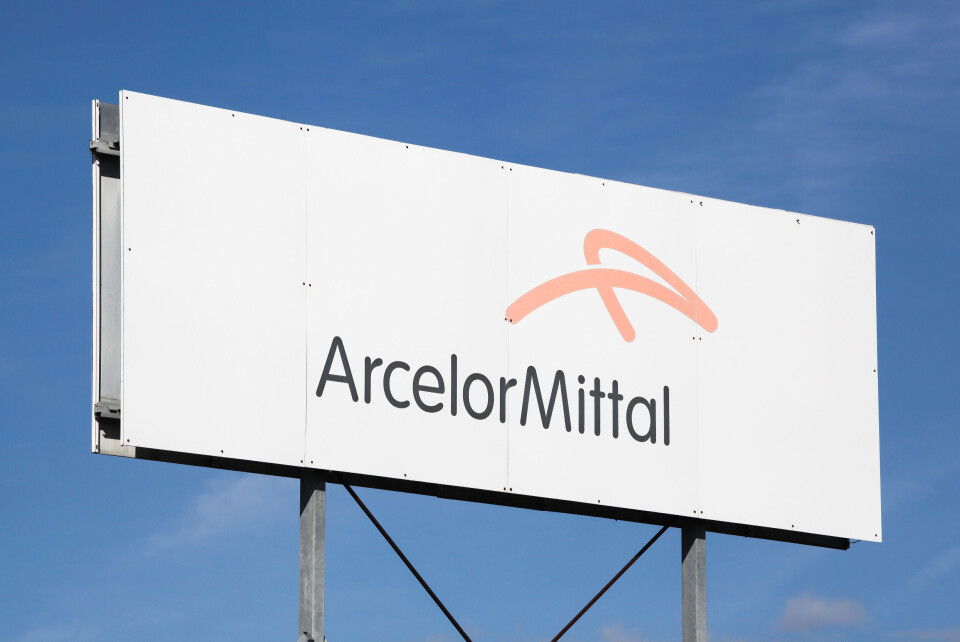-
Scam calls in France more than double in a year
Complaints about unsolicited calls are second only to those about fibre optic internet
-
‘Medical deserts’ major issue in upcoming local elections in France
Access to healthcare is now a more pressing concern than education, mayors say
-
‘Digital ID’ to be accepted at French airports this summer
Users of the France Identité app will be able to board certain flights using ID on smartphone
Map: Where are France’s worst industrial sites for CO2 emissions?
Industry in France accounts for 20% of the country’s carbon dioxide pollution

Just 50 industrial sites in France emit 10% of the country's CO2 emissions, according to a new report from campaigners fighting for action on climate change.
The Réseau Action Climat (RAC) group published the report on Monday (July 3) and criticised the “lack of effort” from industrial manufacturing companies on climate change.
Overall, industry in France accounts for 20% of the country’s overall national emissions.
Most of the sites in the top 50 are located in Dunkirk, Fos-sur-Mer, Le Havre, and Grand Est.
Billions of euros despite ‘stagnant’ emissions
One of the sites on the list, the fertiliser manufacturer Yara, which is based in Le Havre and is 7th on the top 50 list, had committed to reducing its CO2 emissions by 45% by 2030.
Nevertheless, RAC claimed its emissions had climbed 36.5% between 2019 and 2022.
RAC even estimates that companies in France are benefitting from tens of billions of euros to help them ‘decarbonise’ (including receiving money from national and European plans), despite their emissions remaining “virtually stagnant…in reality”, the report said.
It comes after President Emmanuel Macron suggested a decarbonisation pact to the top industrial CO2 emitters in the country, with a doubling of funds to €10billion, in exchange for a doubling of their efforts to reduce emissions.
Representatives from the top 50 companies in terms of emissions were received at the Elysée, including those from the industries of cement, aluminium, steel, fertiliser, sugar, and fuel.
ArcelorMittal: 25% of emissions
The two most-polluting sites are both run by France’s leading steel producer, ArcelorMittal, at Dunkirk, and Fos-sur-Mer. Between them, these sites account for 25% of the greenhouse gas emitted by industry in France.
ArcelorMittal has committed to being carbon neutral by 2050, but RAC has said the reduction in its emissions seen in recent years is due to the economic crisis of 2008 and Covid, not because of any “real transformational efforts”.
‘Green’ technology problematic
RAC also said that the development of so-called ‘green’ technologies to capture and store carbon underground (carbon capture and storage, CCS) “is expensive…does not involve reducing emissions at source and therefore does not really call into question the current production system”.
It also added that the technology "presents a potential risk of leakage”. It said that CCS “must be seen by industries as a last resort” and only used to deal with residual emissions that cannot be avoided by any other means.
The “deep transformation of industry" must still continue, RAC said.
The NGO also called for the most-emitting sites to give more in return for the public aid that they receive. This funding could be set to increase this year, as the government considers giving an extra €5billion to support the most polluting sites and help them to reduce their emissions.
























